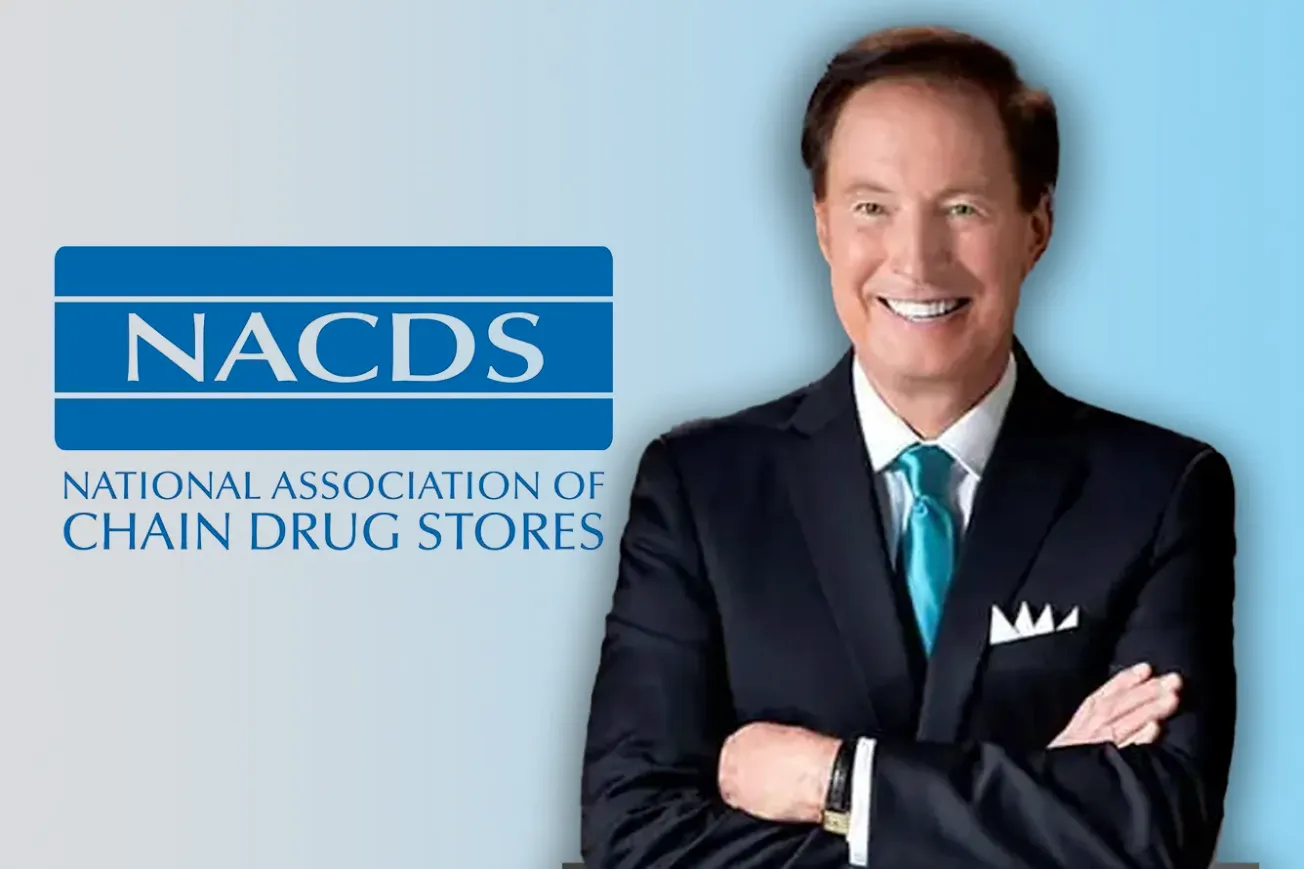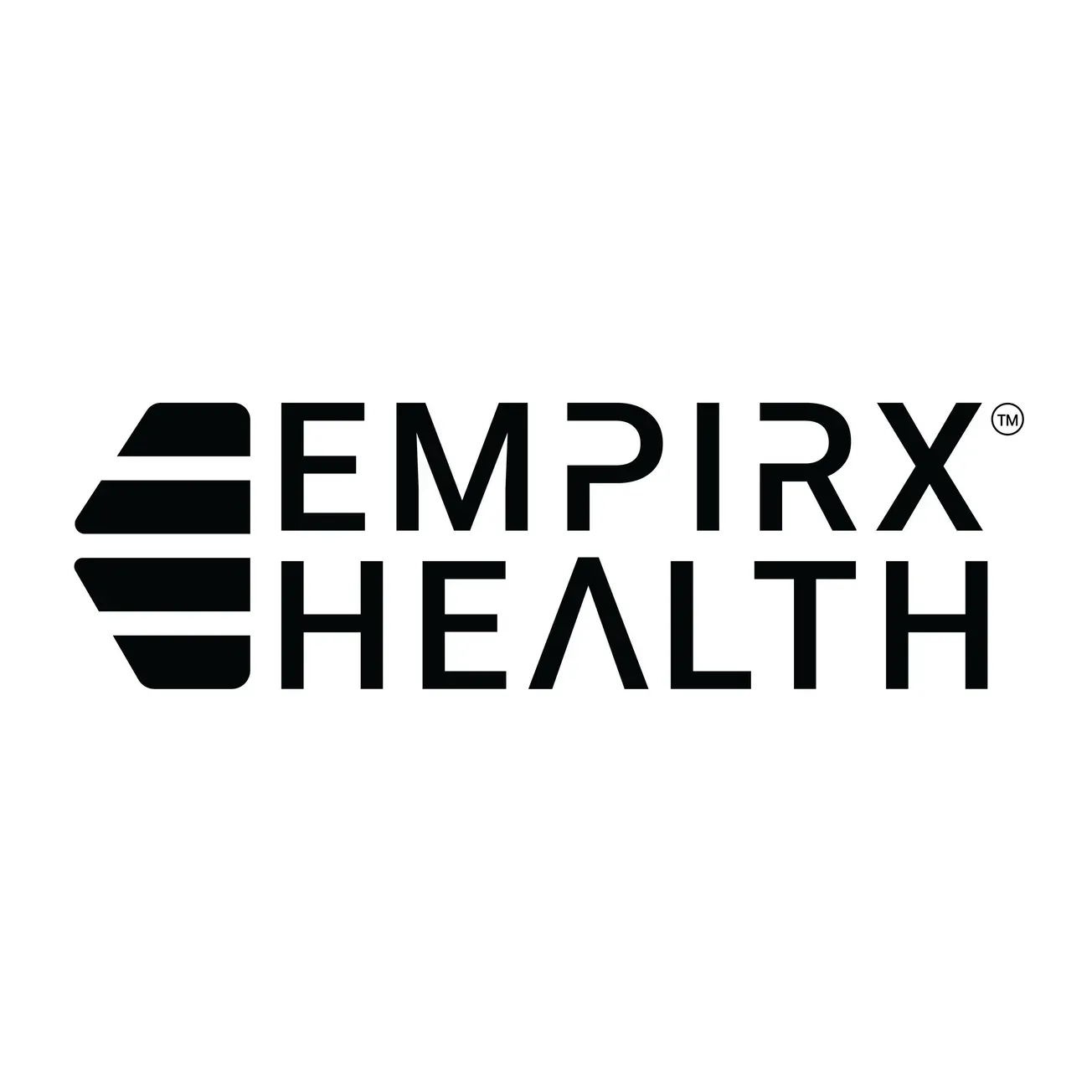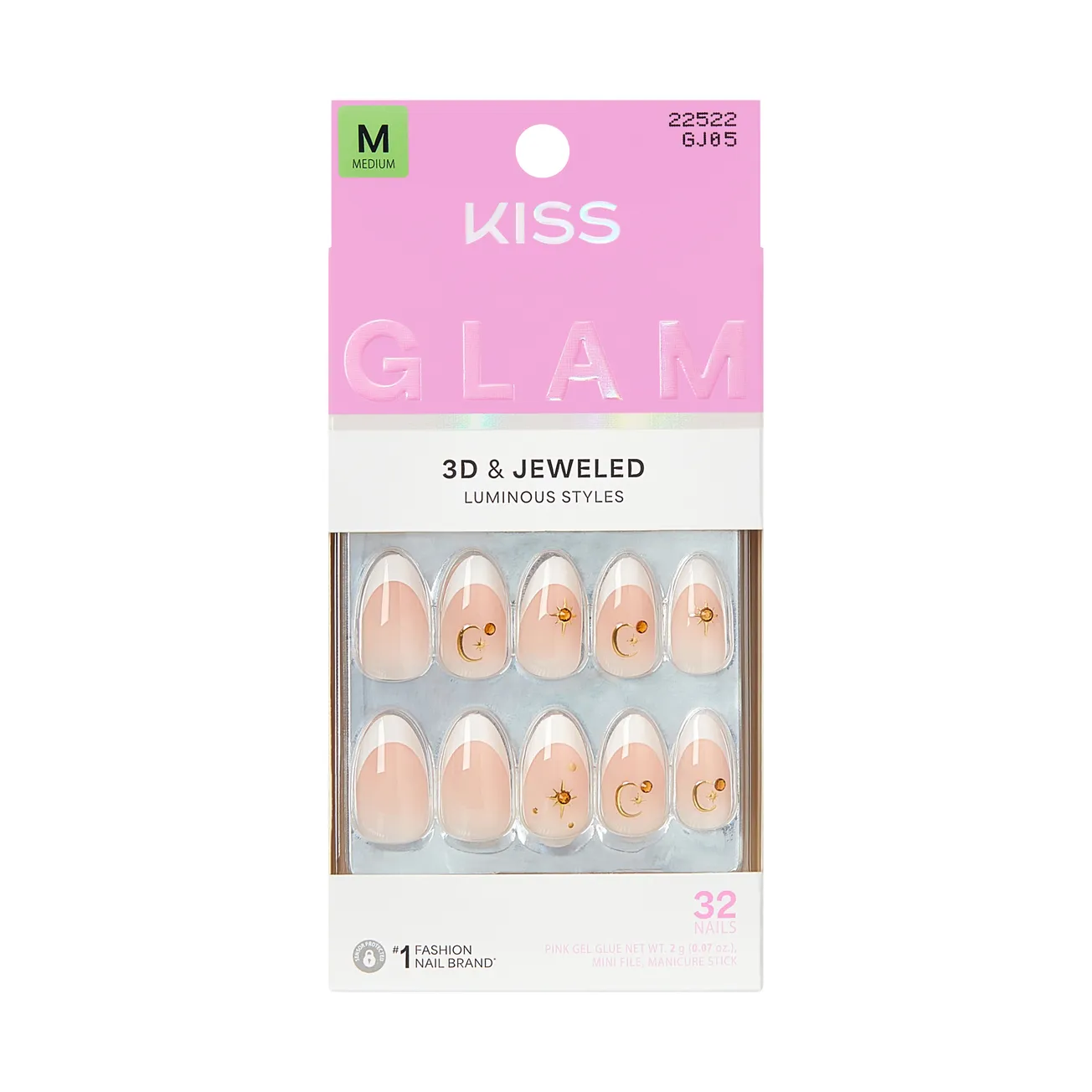CLEVELAND — New research released by Reese Pharmaceutical today reveals thousands of Americans could be at high risk of colon cancer but not realize it.
The survey found that 80% of US adults do not know whether a first-degree relative (parent, sibling, or child) has been diagnosed with colorectal cancer (CRC). Studies show people who have an immediate family member with CRC are 2 to 4 times more likely to develop the disease compared to those who don’t.
“The data proves there is a significant gap in awareness that could be contributing to an increase in colorectal cancer rates. Knowing your family history is crucial because the information can be used to determine how early and often you need to get screened, which can aid in prevention and treatment,” said Jeff Reese, president at Reese Pharmaceutical.
Colorectal cancer is now the leading cause of cancer deaths among men under the age of 50 and the second leading cause for women in the same age group. For younger people, rates have increased by 1% to 2% each year since the mid-1990s.
“My husband passed away from colon cancer at age 45. My son was only 12 years old then, but he started getting screenings right away. He’s being monitored so we can catch any issues early when they are more treatable. The approach could ultimately save his life,” said Yvette Davis-Atkins, who now serves as an ambassador for Fight Colorectal Cancer.
To encourage others to be more proactive in learning about their family’s history of colorectal cancer, Reese Pharmaceutical is launching a new educational campaign, “Know Your CRC History.” The social media campaign will encourage the public to share stories on Facebook and Instagram using the hashtag #MyCRChistory. It will also include information on the various colorectal cancer screening tools now available, including at-home FIT tests, such as ColoTest, that can be used annually and deliver immediate results. A recent study by Kaiser Permanente found that FIT test screening reduced the overall risk of colon cancer death by 33%.
Reese’s survey found most consumers remain unaware of over-the-counter (OTC) tests like ColoTest, and only 3% say they have ever used them. The tests are an easy way to detect hidden blood in the stool, a key warning sign of colorectal cancer (among other conditions). A majority of those surveyed also said they would reach out to their doctor if an at-home test came back positive, suggesting a need to educate doctors and pharmacists about the various at-home options as well.
“The early detection and monitoring of colorectal cancer is beneficial in reducing mortality rates by detecting cancer at an earlier, more treatable stage,” said Dr. Bernard Esquivel, Chief Medical Officer at ixlayer. “As a physician with extensive experience in patient care, I can attest that fecal-based tests are a well-documented and widely accepted practice.”
According to ixlayer, 83% of physicians believe at-home testing can help move patients through the care continuum faster, accelerating the path to diagnosis and improving health outcomes.









